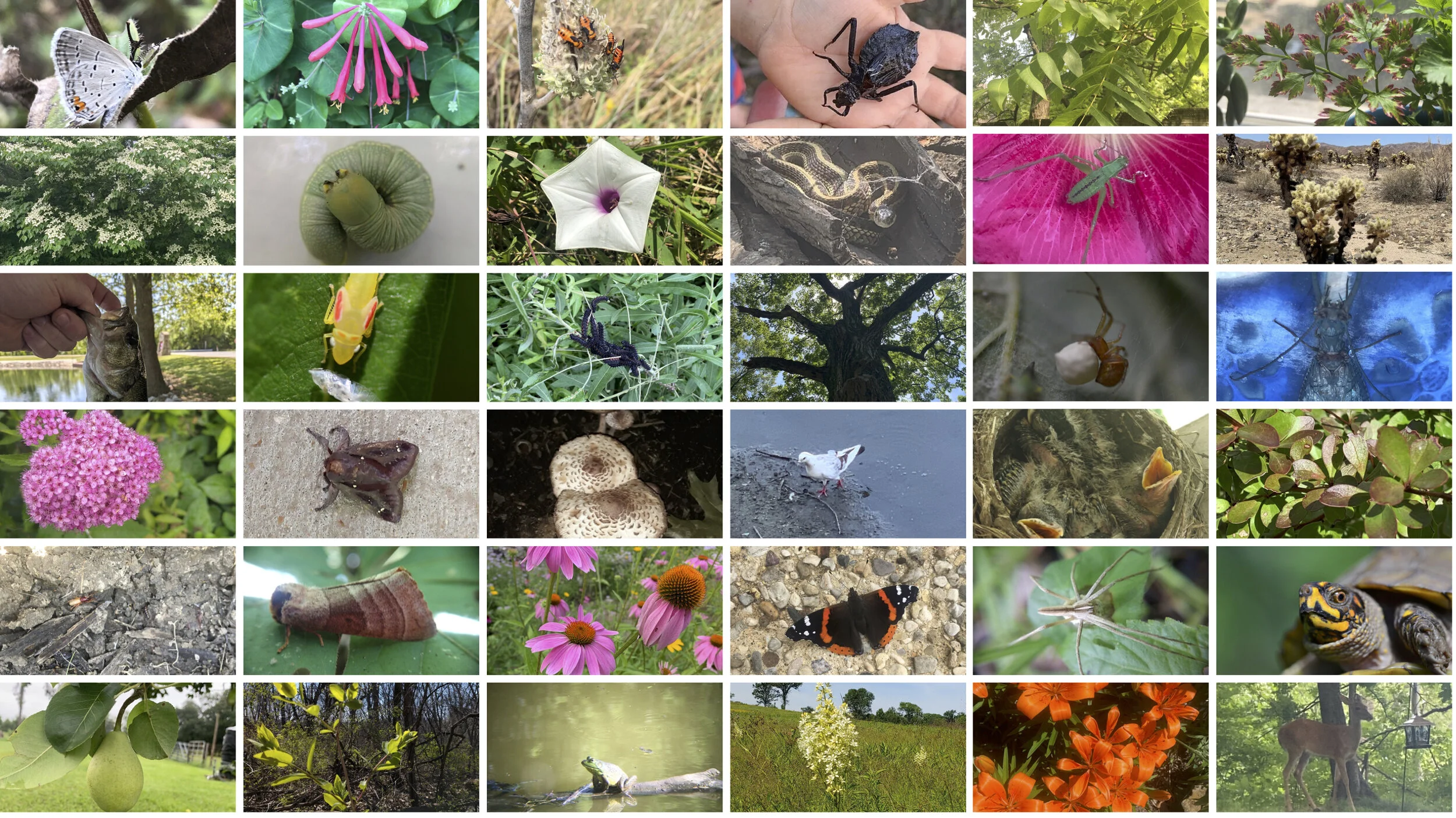The COVID-19 pandemic has most of us working remotely from home. We wear masks and remain six-feet distant when out in public. A vaccine is under development. As of July 16, 2020, over 586,000 people have died.
In addition, the killings of George Floyd, Ahmaud Arbery, Breonna Taylor and many other Black citizens, have sparked an ongoing, national call for changes to end the systemic racism that has always plagued the United States. Some have estimated that Black Lives Matter could be the biggest human rights movement in American history.
At Tyson, our summer research and mentoring program continues, online. Teams gather on Zoom to learn about science and racism in science. We gather remotely to watch Thursday seminars (live-streamed on YouTube) and long for in-person community dinner on the back deck. In short, it’s a summer unlike any other. Science at Tyson typically has been pursued during times of relative cultural stability. This summer we explored the effects on our work and community, of COVID-19 and systemic racism.
Welcome to Humans of Tyson—Remote.
Tyson Science Communication Team
PI: Suzanne Loui, PhD
Lecturer in Environmental Studies
Undergraduate Humanities Fellows:
Abril Hunter
Will Slatin
Joshua Valeri
Banner photo
Photos of plants and animals taken by Tyson community members, from safely accessible areas at or near their remote work locations, and submitted to iNaturalist.
Acknowledgements
Special thanks to Shahla Farzan, PhD, reporter, St. Louis Public Radio, and to Crystal Gammon, Director of Communications, and Sean Garcia, Digital Media Editor and Video Producer, Arts & Sciences, for sharing their science communication expertise with our community.
Acknowledgements
Support for the Humans of Tyson project was provided by the Washington University College of Arts & Sciences, Office of Undergraduate Research, and Tyson Research Center.


















































